
Chief #Innovation Officer at @ACCinTouch | Cardiology @MassGeneralNews @Harvard | #digitalhealth #AI | Views mine not advice
How to get URL link on X (Twitter) App

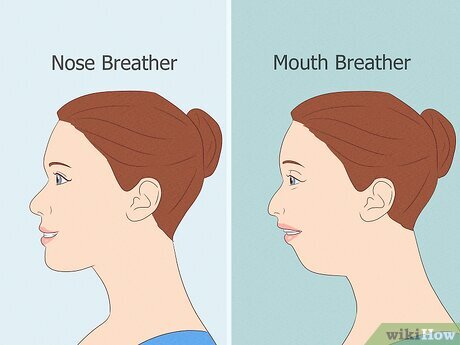
 Your nose isn’t just for smelling. It’s a built-in air filter and conditioner.
Your nose isn’t just for smelling. It’s a built-in air filter and conditioner.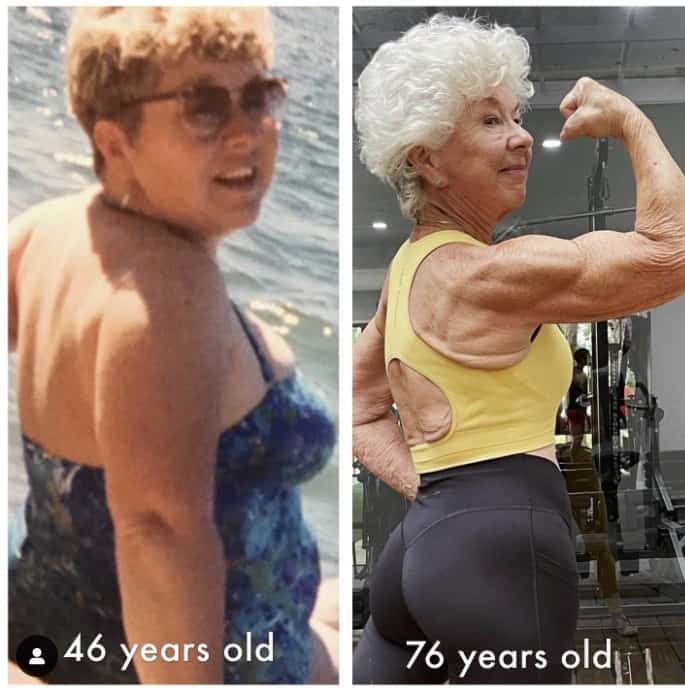
 1) Apples:
1) Apples:
 Every year, millions of people worldwide die when their heart suddenly stops beating.
Every year, millions of people worldwide die when their heart suddenly stops beating.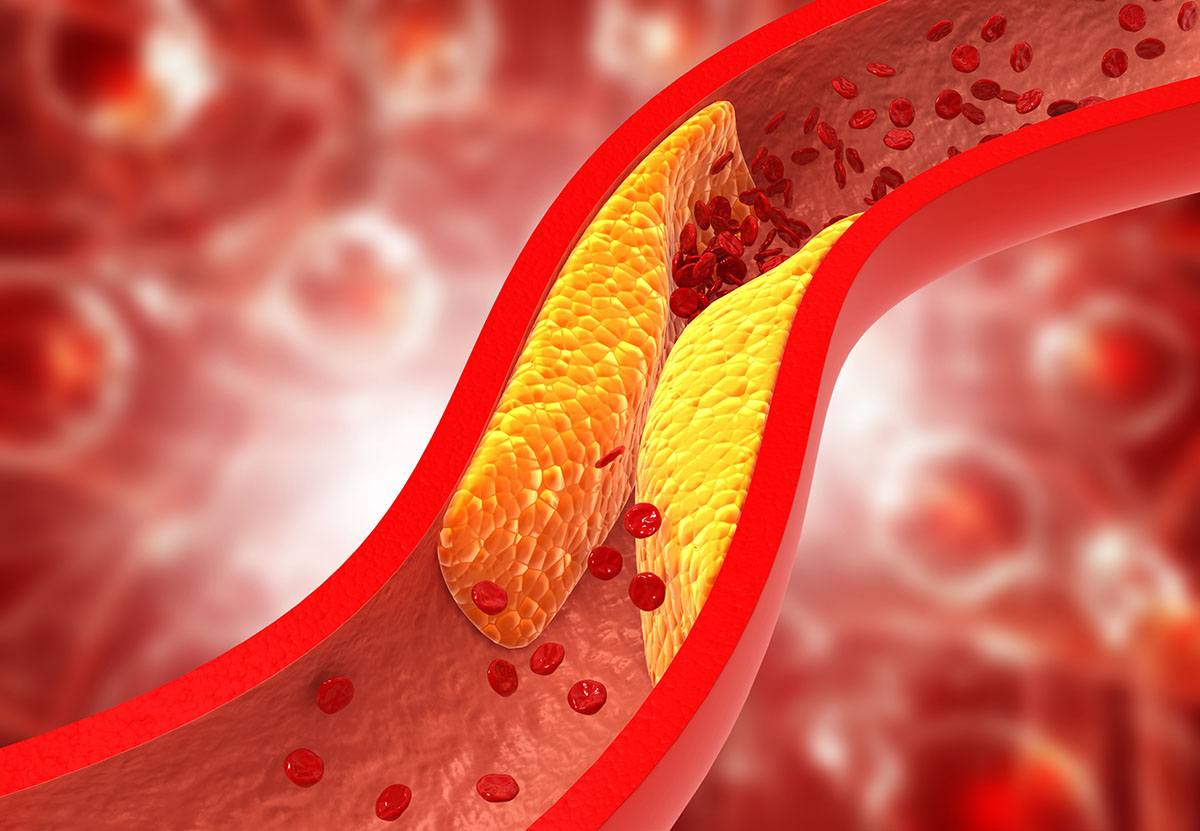
 Let’s unpack how it works, and why every plate after age 30 matters more than you think.
Let’s unpack how it works, and why every plate after age 30 matters more than you think.
 Traditional workouts focus on reps, machines, and intensity.
Traditional workouts focus on reps, machines, and intensity.
 For a long time, science believed memory lived only in the brain.
For a long time, science believed memory lived only in the brain.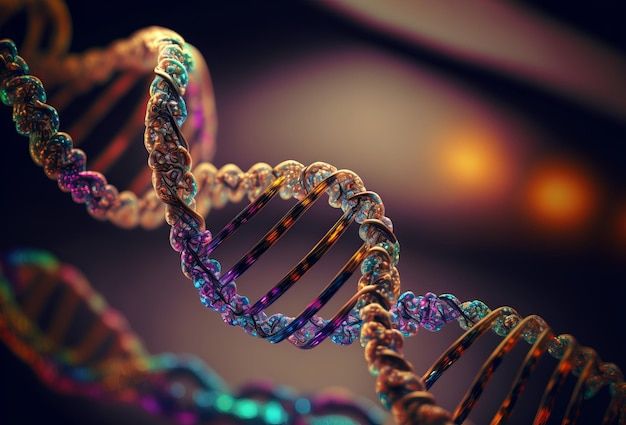
 Heart disease is complex.
Heart disease is complex.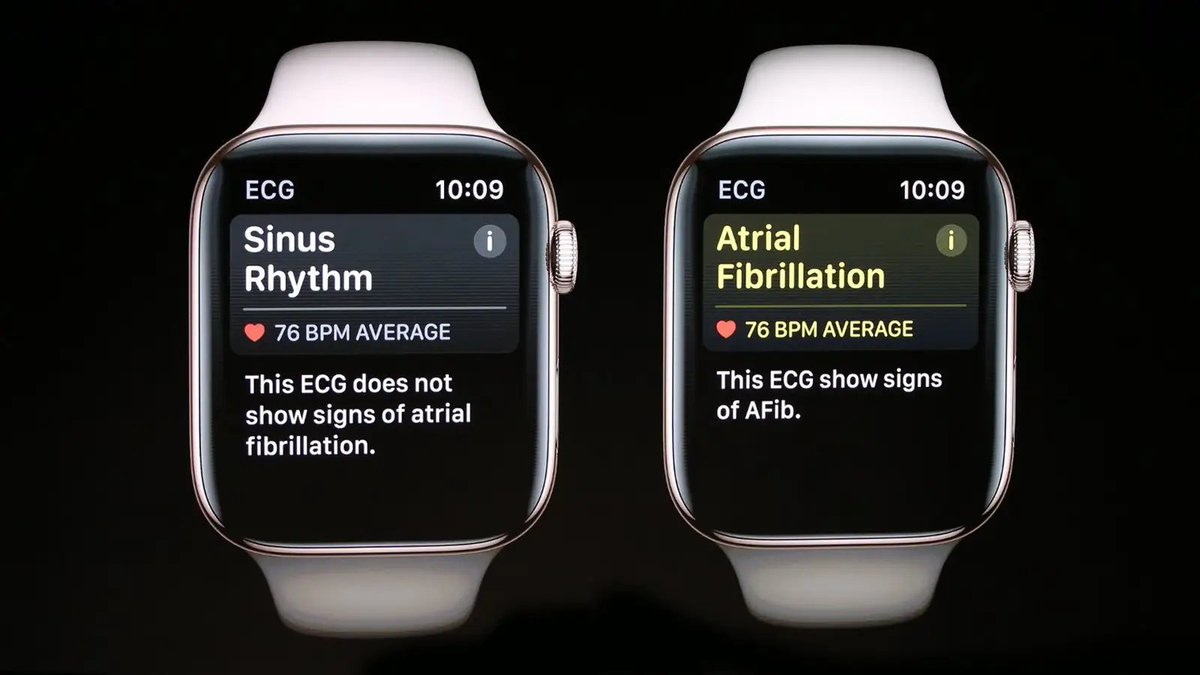

 He was the picture of health.
He was the picture of health.
 This guy loved energy drinks
This guy loved energy drinks
 Let’s rewind a bit.
Let’s rewind a bit.
 Heart failure is more than a medical term—it’s life-changing.
Heart failure is more than a medical term—it’s life-changing.
 Drinking 70 cups of coffee at once could actually kill you.
Drinking 70 cups of coffee at once could actually kill you.
 First, aortic surgery is one of the most complex procedures.
First, aortic surgery is one of the most complex procedures.
 Forssmann was just 25 years old when he made history.
Forssmann was just 25 years old when he made history.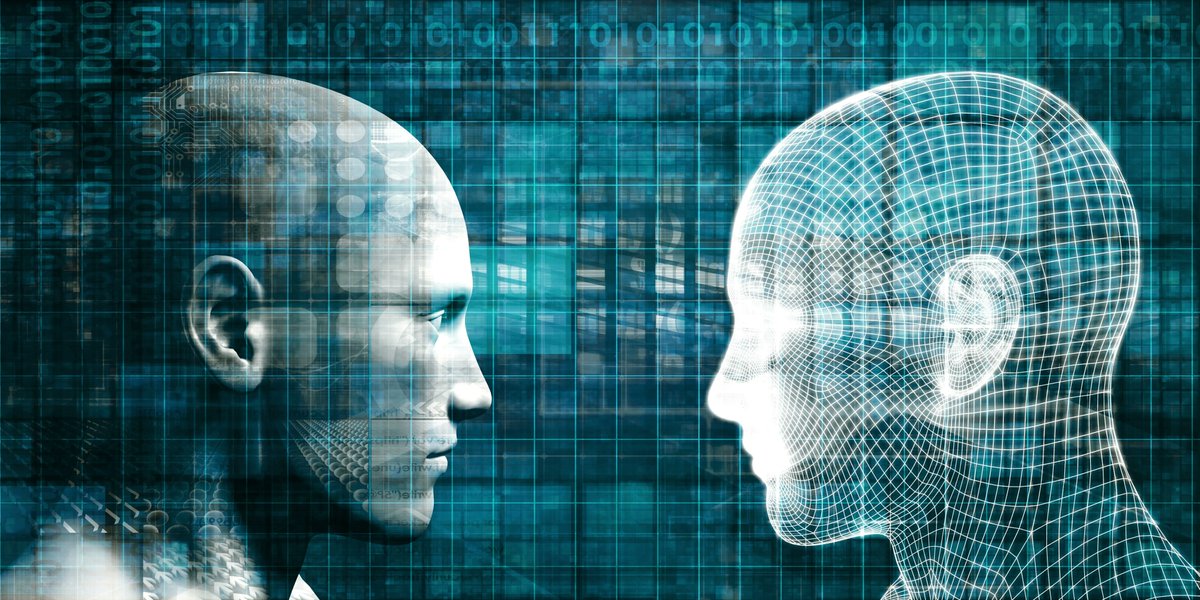

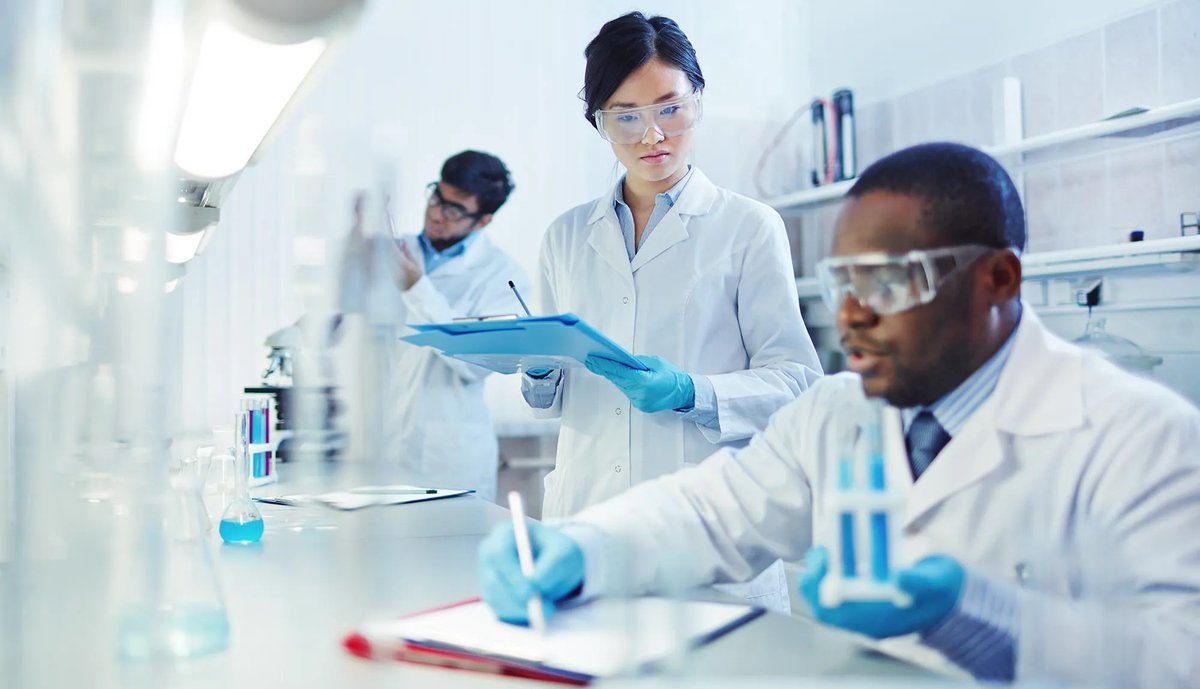 Developing new drugs is a long, expensive, and sometimes, uncertain journey.
Developing new drugs is a long, expensive, and sometimes, uncertain journey.
 Dr. Christiaan Barnard wasn’t just any surgeon. He was bold, ambitious, and determined to push the boundaries of medicine.
Dr. Christiaan Barnard wasn’t just any surgeon. He was bold, ambitious, and determined to push the boundaries of medicine.
 For most of history, if your heart failed, that was it—you were as good as gone.
For most of history, if your heart failed, that was it—you were as good as gone.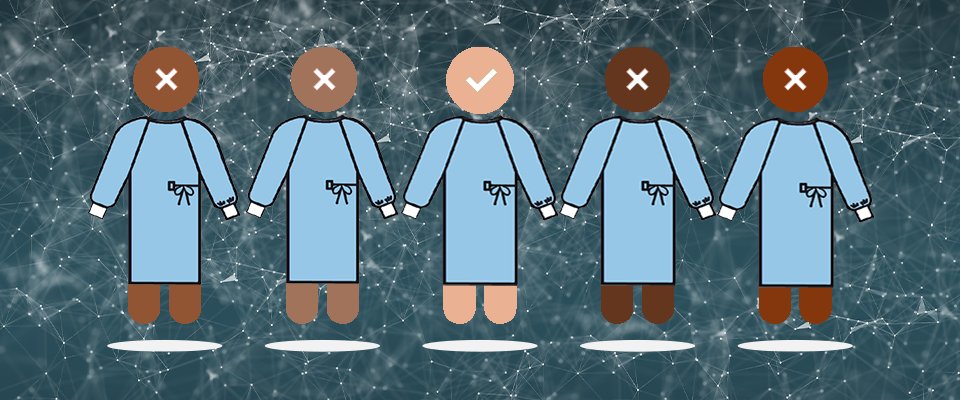
 Imagine two patients from different backgrounds, each with the same symptoms.
Imagine two patients from different backgrounds, each with the same symptoms.